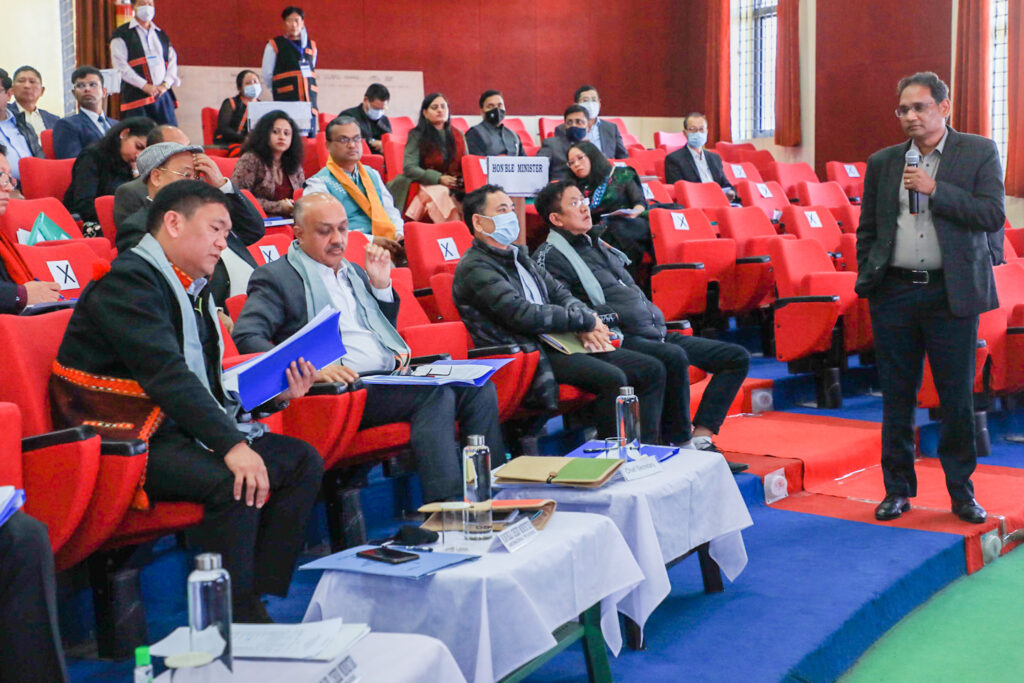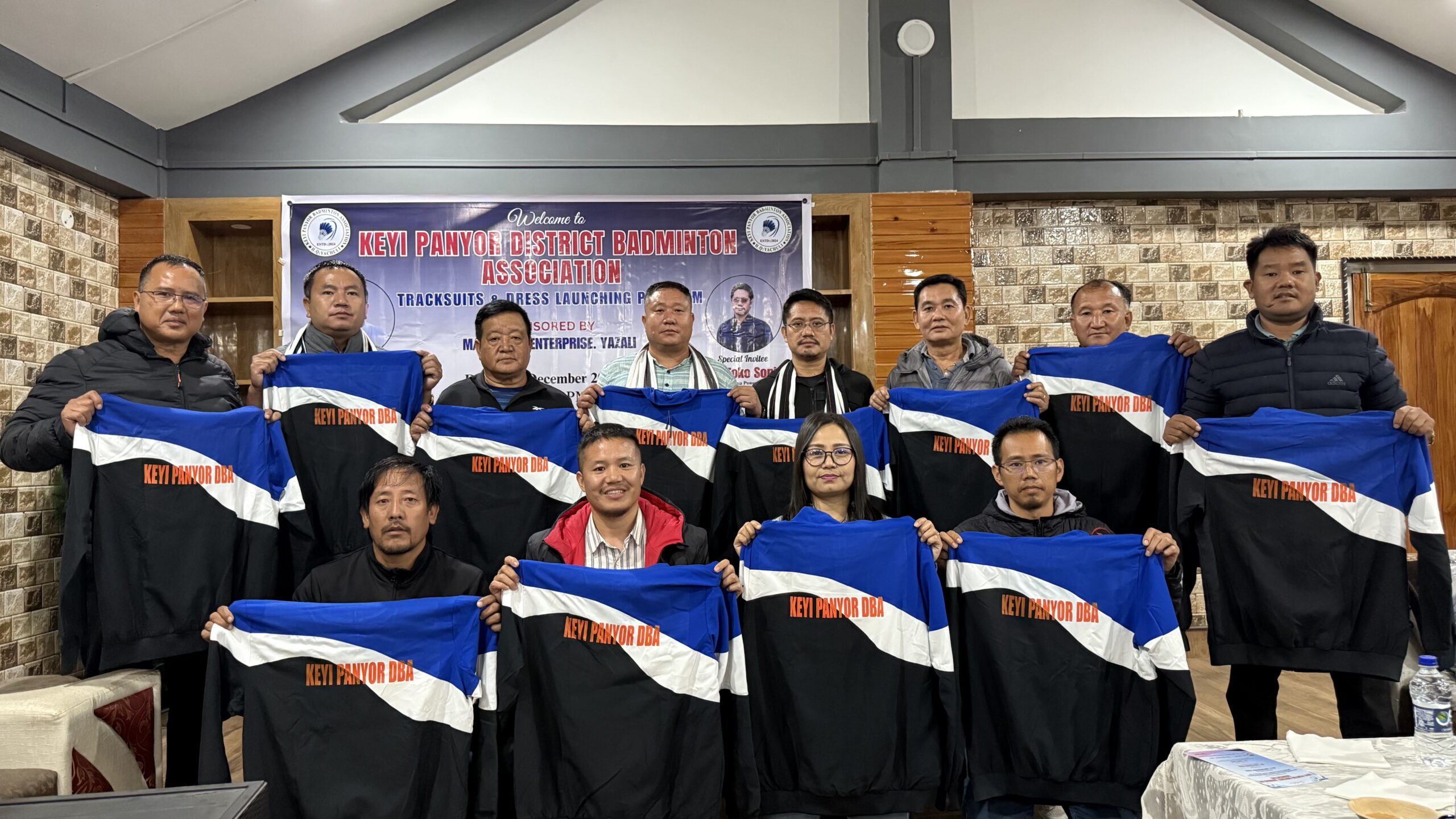Pasighat: Chief Minister Pema Khandu on Monday said that Arunachal Pradesh can significantly contribute towards fulfillment of the targets within the contribution of India in pursuance of the Paris Agreement on Climate Change, considering the abundant forest and natural resources wealth that the northeastern state has.
The chief minister said this while addressing the 10th e-Pragati review meeting with the deputy commissioners of the state at the College Of Horticulture and Forestry auditorium here.
The Paris Agreement is a legally binding international treaty on climate change which was adopted by 196 parties at the United Nations Climate Change Conference or COP 21 held in Paris, on December 12, 2015.
The goal of the agreement is to limit global warming to below 2, preferably to 1.5 degrees Celsius, compared to pre-industrial levels.
Under the agreement, India had promised to reduce its emissions intensity of its gross domestic product (GDP) from 2005 levels by 33 to 35 per cent by 2030.
Khandu, in his address, also reminded the deputy commissioners of the ‘Pakke Declaration’ that envisages a multi-sectoral whole of government and society approach on the pathway towards low emissions and climate-resilient development through its five broad themes or the Panch Dharas.
The themes include environment, forest and climate change; health and well-being of all; sustainable and adaptive living; livelihoods and opportunities and evidence generation and collaborative action.
The chief minister said these five broad themes rest on 75 strategies including protecting forest cover, restoring degraded forests, reducing health vulnerability due to climate change and extreme weather events, developing master plans for all urban areas reflective of local climate change-induced risks, adopting efficient irrigation measures, promoting entrepreneurship, among others.
He further pushed the deputy commissioners to work on the same in their respective districts.
Terming the deputy commissioners as the ‘drivers’ of their respective districts, Khandu said, “the fate of a district and its people depend upon their ability and sincerity.”
He urged upon the administrative heads to conduct monthly e-Pragati review meetings at the district levels with all officials concerned of the district and work on the issues taken up at the state level e-Pragatis.
“Taking into account your action-taken reports, I have to present a cumulative action-taken report of the state in our bi-monthly review meetings taken by the Prime Minister,” he informed.

The chief minister, during the meeting, also raised two important schemes launched by the central government – Svamitva and Svanidhi – which he said needs an urgent push by the state government.
While Svamitva scheme is a reformative step towards establishment of clear ownership of property in rural inhabited areas, by mapping of land parcels using drone technology and providing ‘Record of Rights’ to village household owners, Svanidhi aims to provide affordable Working Capital loan to street vendors to resume their livelihoods that have been adversely affected due to Covid-19 lockdowns.
Though in Arunachal Pradesh the process of providing land rights to the people is still in a nascent stage, Khandu said that the state government expects its administrative officers along with elected representatives to come out with a solution to implement the benevolent scheme.
“We all have to work together to implement these schemes and I have full confidence in our deputy commissioners. Successful implementation of Svanidhi entirely depends upon you,” he added.
The chief minister expressed hope that in the next e-Pragati meeting, the deputy commissioners will be ready with their action-taken reports on all issues raised and discussed in today’s meeting.
Arunachal e-Pragati is a concept that enables the chief minister to personally monitor progress of important projects and schemes of both the state and central governments.
Other agendas discussed on the day included Ayushman Bharat, Kal Jeevan Mission, Mission Shisha, land acquisition matters, National Horticulture Mission, One-District One-Product and the Pradhan Mantri Gram Sadak Yojana (I & II). (CMMC)





